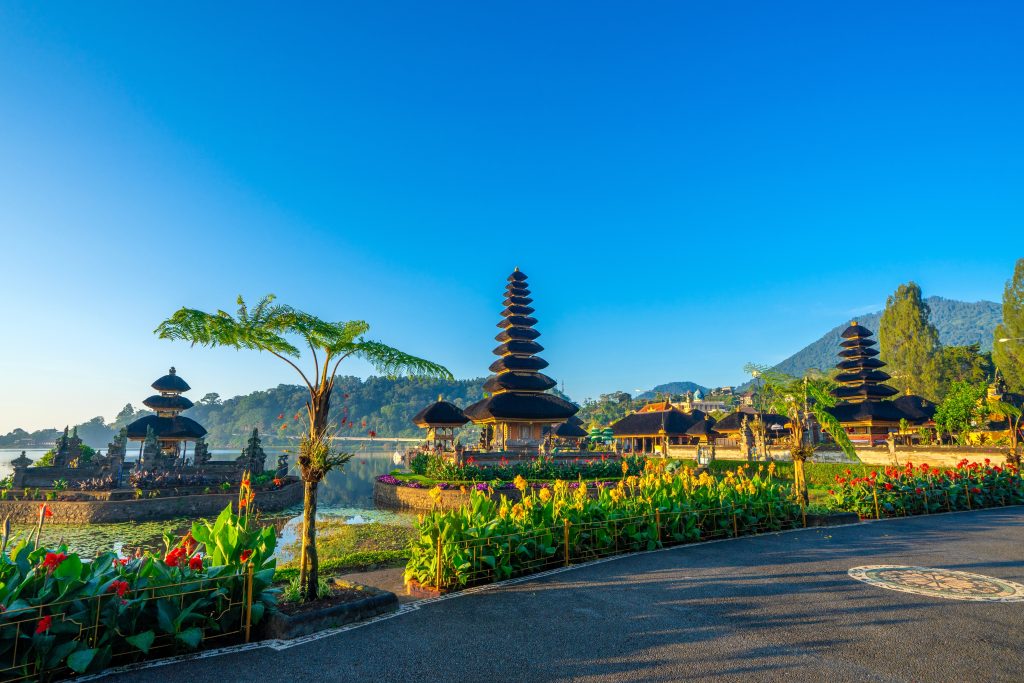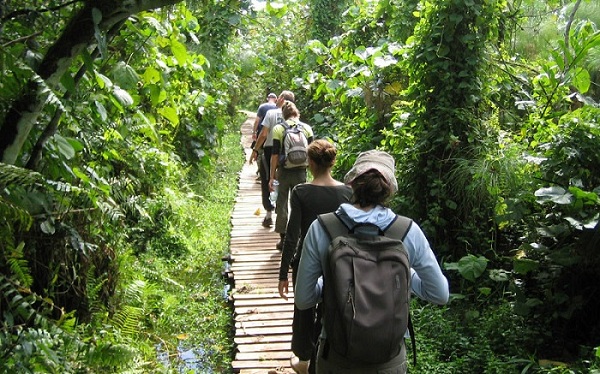
Bali has long been one of the world’s most recognisable travel destinations — celebrated for its beaches, temples, creative culture and warm hospitality. Today, the island is entering a new chapter, emerging as a global leader in sustainable tourism and destination management. Rather than simply attracting more visitors, Bali is focusing on improving quality, environmental stewardship and community wellbeing.
Central to this transformation is the island’s ongoing commitment to responsible tourism frameworks. Provincial authorities, private sector leaders, community groups and conservation organisations are working together to address the challenges that come with global popularity — including waste management, coastal protection and cultural preservation. The goal is to ensure Bali remains a vibrant, authentic and environmentally resilient destination for years to come.
One of the key developments has been the rise of cultural and nature-based travel experiences that take visitors beyond well-known hotspots. In regions such as Ubud, Sidemen, Munduk and West Bali National Park, small-scale eco-lodges, regenerative farming tours, artisanal craft workshops and guided forest treks are helping to diversify tourism while distributing economic benefits more evenly across the island.
The hospitality sector is also adapting through sustainable accommodation standards. Eco-boutique hotels, green-certified resorts, and wellness retreats powered by renewable energy are becoming increasingly common. Many properties now integrate waste separation, organic gardens, water conservation systems and partnerships with local artisans, farmers and cultural groups.
Wellness and slow-travel experiences are also shaping Bali’s future. Retreats focused on mindfulness, traditional Balinese healing practices, yoga and plant-based cuisine allow visitors to connect deeply with the island’s cultural and spiritual rhythms. These experiences emphasise balance — with nature, community and self — aligning closely with the island’s philosophical foundation of Tri Hita Karana, the harmony between humans, nature and the divine.
Meanwhile, community-based tourism cooperatives continue to play a vital role in cultural preservation. Traditional dance groups, temple associations and village tour networks support the continuation of ceremonies, crafts and rituals, while providing travellers with opportunities to learn respectfully and authentically.
By prioritising sustainability, cultural integrity and visitor education, Bali is helping shape a model for how destinations worldwide can respond to changing traveller expectations. Rather than relying solely on volume, Bali is investing in experiences that are meaningful, responsible and rooted in local identity.
As global travel trends shift towards slower, deeper and more conscious journeys, Bali is positioning itself not just as a destination to visit, but as a place to learn, restore and connect.




